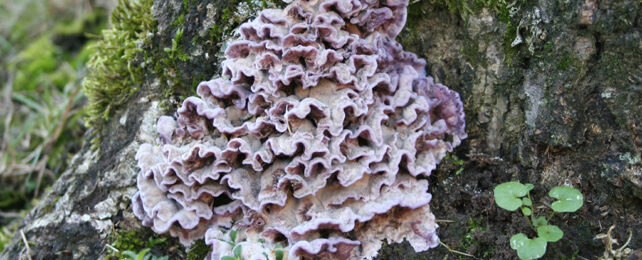We only register a pesticide when it works well to control a pest.
Preparing, storing, and using homemade pesticides can be dangerous to your health and the environment. Any pesticide should be used carefully, whether it is store-bought or homemade.
Many Canadians are looking for alternatives to traditional pesticides to use in their homes and gardens. You can now find many recipes for pest control products on the Internet and in printed materials. These recipes are for products that claim to address anything from controlling insects to repelling large animals.
Health risks
Homemade pesticides do not go through any scientific testing and do not have label directions that you can follow. Some recipes (like mixtures of soap and water) probably won't present health risks. But others may present health or environmental concerns. For example:
- Recipes that require cooking, like boiling rhubarb leaves or chrysanthemums to extract toxins, or recipes for extracting nicotine from cigarettes, are potentially dangerous.
- Recipes that include gasoline and kerosene as ingredients may present health or serious environmental concerns if not handled and disposed of properly.
Other risks of preparing and using homemade pesticides include:
- inhaling harmful fumes
- irritating your eyes and skin
- swallowing harmful substances because of improper preparation, labelling, and storage
- contaminating your clothing
- contaminating cookware and utensils normally used to prepare and serve food
- contaminating the environment through use and disposal
Safety tips
The best way to reduce your need to use pesticides is to prevent problems from starting in the first place. For example, these practices can make your lawn more resistant to weed and bug infestations:
- increasing your mowing height
- watering deeply
- fertilizing
- raking and spreading grass seed
- aerating
See How to have a healthy lawn for more information.
Before using any pesticide, check to see if there are restrictions on pesticide use in your area.
Important!
If you use a pesticide on your lawn, read the label to make sure you are choosing the right product for the right pest or weed. Follow all label directions and warnings carefully. Always look for a Pest Control Products (PCP) number on the label so you know the product has been approved by Health Canada. See Use pesticides safely for more information.
How we protect you
If you choose to use a pesticde, be sure to use one that is registered for use in Canada. All pesticides must be registered before they can be imported, sold, or used in Canada. Health Canada conducts a thorough scientific review on products before registering them. We only register a pesticide when it works well to control a pest. We also have to be reasonably certain that it won't cause harm to human health, future generations, or the environment.
We set limits on the amount of pesticide residue that can safely be left on food. We place conditions on how pesticides should be used and applied to be safe and effective. We make sure the manufacturer includes these instructions on product labels. Finally, we monitor and enforce the rules, to make sure that pesticides are used properly.
For more information
via Homemade pesticides.
![]()




